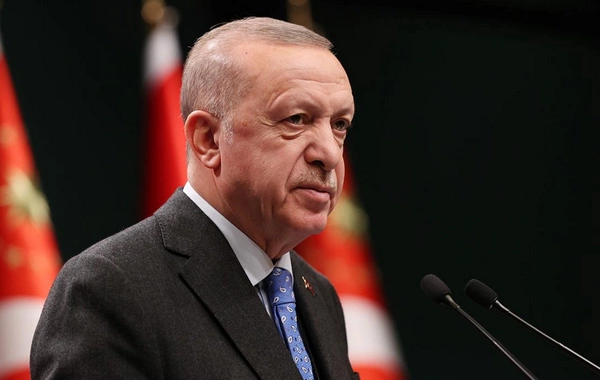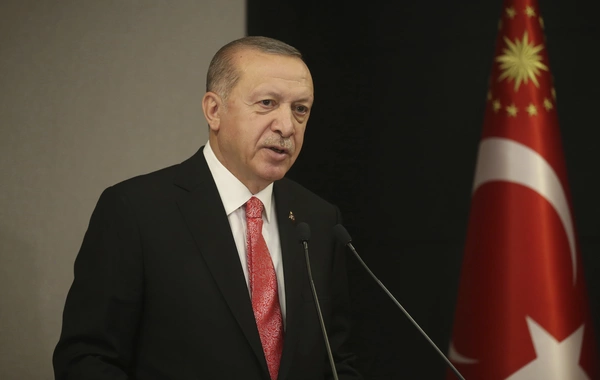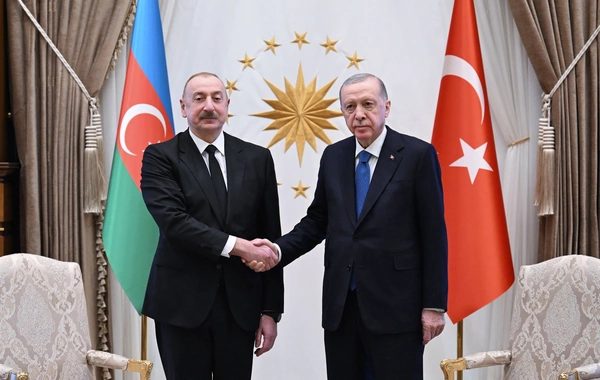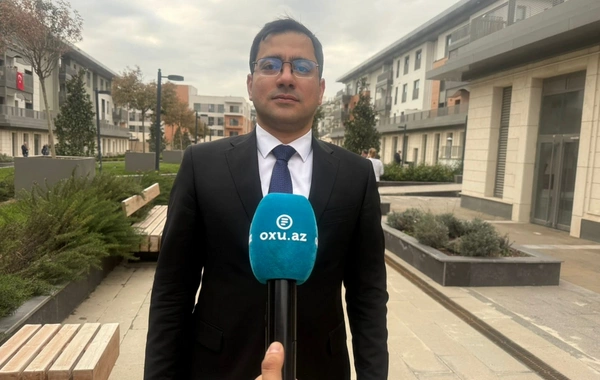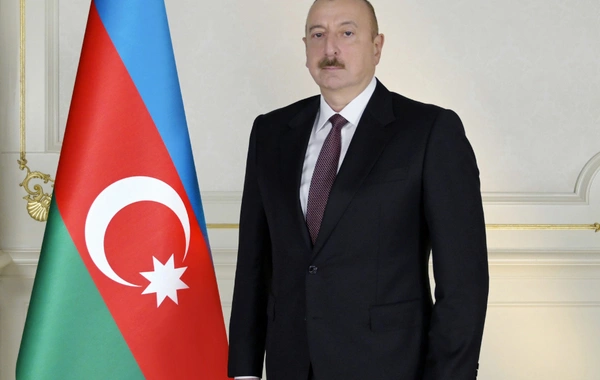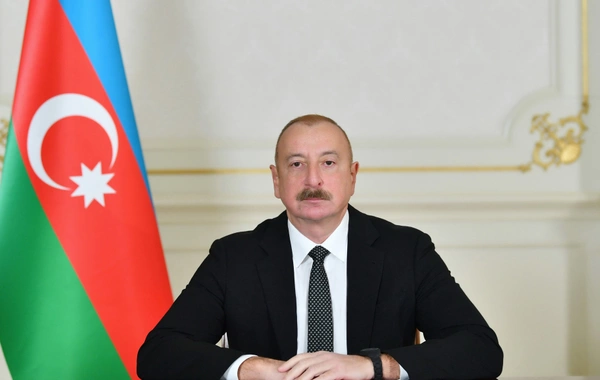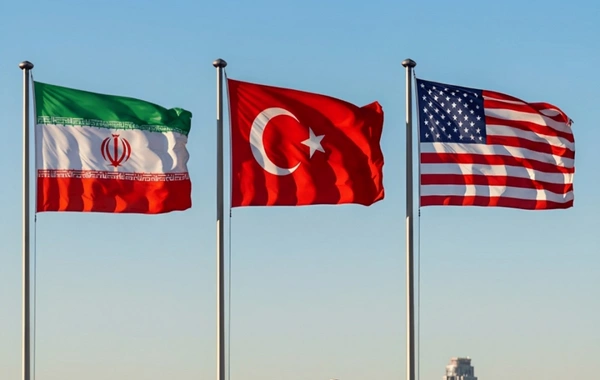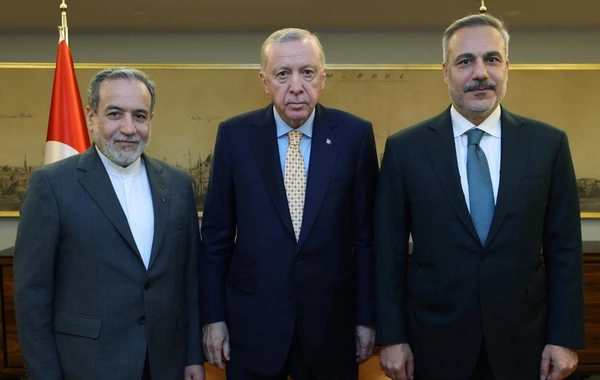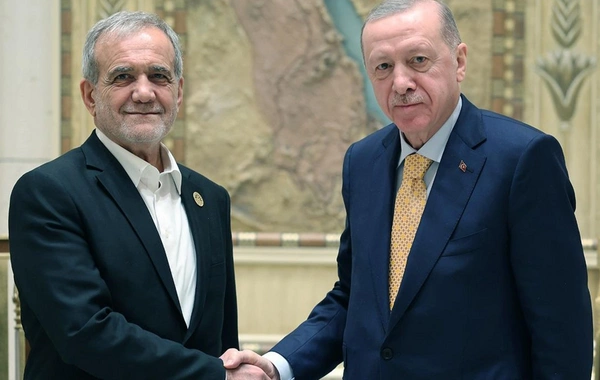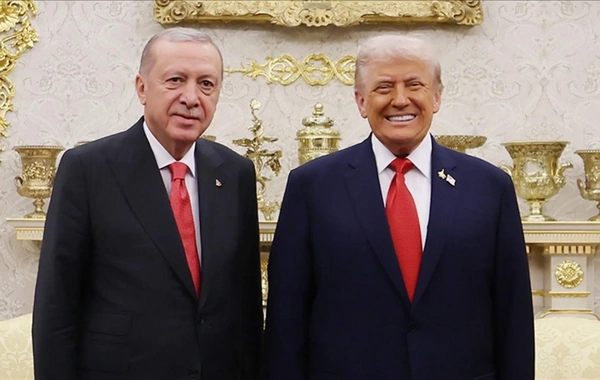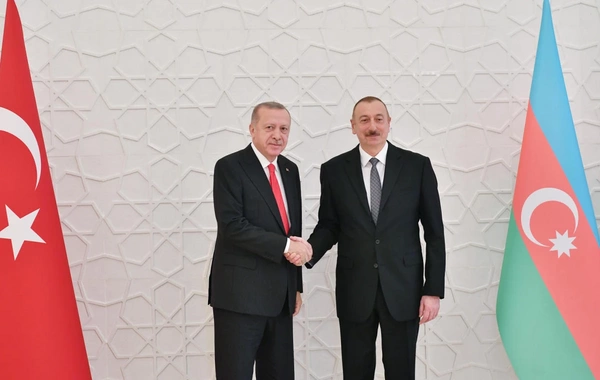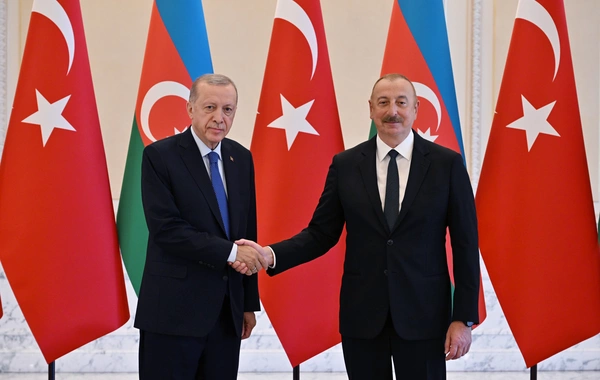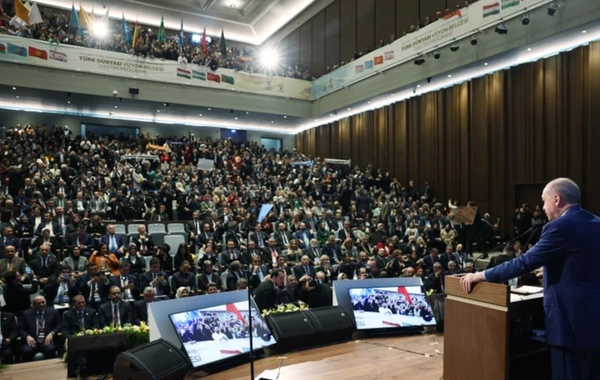Recep Tayyip Erdoğan
Recep Tayyip Erdoğan
Recep Tayyip Erdoğan is the President of Turkey, one of the most influential figures in contemporary global politics. His prolonged leadership, beginning as Prime Minister in 2003, has transformed Turkey, eliciting both admiration and controversy. Erdoğan is renowned for his reforms, foreign policy, and efforts to strengthen Turkey’s position on the international stage. This article examines his biography, political career, reforms, and key aspects of his foreign policy.
Early Years and Career Beginnings
Recep Tayyip Erdoğan was born on February 26, 1954, in Istanbul’s Kasımpaşa district. Raised in a working-class family, he showed an early interest in public activism and football, though his father prohibited a professional sports career. Erdoğan graduated from an Imam Hatip religious high school and later earned a degree in economics and commercial sciences from Marmara University. In his youth, he was actively involved in the Islamist movement, which shaped his political views. In the 1980s, he joined the Welfare Party, and in 1994, he became the Mayor of Istanbul, earning a reputation as an effective administrator who reformed the city’s infrastructure.
Political Career and Reforms
In 2001, Erdoğan founded the Justice and Development Party (AKP), which won the parliamentary elections in 2002. In 2003, he became Prime Minister of Turkey, launching extensive reforms. His government implemented monetary reforms that reduced inflation, initiated anti-corruption measures, and modernized infrastructure, including the construction of power plants and social institutions. Turkey’s economy grew at an annual GDP rate of 8% during his first decade in power, significantly improving living standards.
In 2014, Erdoğan was elected president, and in 2017, he spearheaded a constitutional referendum that transformed Turkey from a parliamentary republic to a presidential one, consolidating his authority. This move drew criticism for increasing authoritarianism. Following a failed coup attempt in 2016, Erdoğan implemented purges in the military and state apparatus, accusing supporters of cleric Fethullah Gülen of orchestrating the plot.
Foreign Policy
Erdoğan’s foreign policy aims to position Turkey as a regional power. He pursued European Union membership, initiating negotiations in 2005, though progress stalled due to human rights concerns and the Cyprus issue. Erdoğan strengthened ties with Russia, Iran, and Arab nations, but his policies in Syria and stance on the Nagorno-Karabakh conflict sparked controversies. He also actively supports peace initiatives, including negotiations to resolve the Ukraine conflict.
Personal Life and Public Image
Erdoğan is married to Emine Erdoğan, and the couple has four children. His leadership style blends charisma, populism, and conservative values, making him popular among segments of the population but criticized for restricting freedoms. Erdoğan positions himself as a defender of national interests, reinforcing his image in Turkey.
Conclusion
Recep Tayyip Erdoğan is a politician whose leadership has reshaped Turkey into a significant regional power. His reforms, foreign policy, and leadership style continue to shape the country’s future, garnering both support and debate. Erdoğan remains a pivotal figure in global politics, and his future actions will impact not only Turkey but also the broader region.





